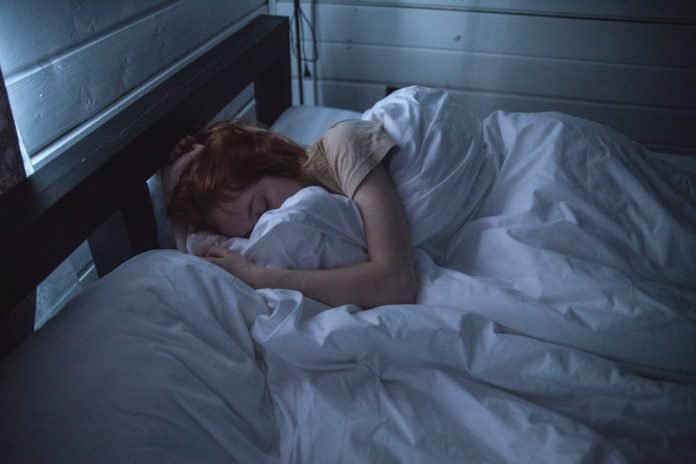
In a new study, researchers found that sleeping in on weekends won’t erase people’s ‘sleep debt’.
The finding centered on adults who regularly get only six hours of sleep or less on weekdays. That’s far less than the seven to eight hours per night that most people need.
Such “short sleepers” made up over one-third of more than 12,000 participants in the study.
The research was conducted by a team at the Public Assistance Hospital of Paris.
In the study, French participants were surveyed about their sleep routines over the phone as part of a recurring national health poll.
The average amount of daily weekday sleep was pegged at 6 hours and 42 minutes. On weekends that figure rose to 7 hours and 26 minutes.
More than one-quarter of respondents (27%) said they took naps at least once during the week and about one-third said they did so on weekends.
And nearly one-quarter said they had been racking up a very serious weekday “sleep debt.”
That meant that on weekdays they logged at least 90 minutes less than the amount of sleep they really needed.
But the study showed that about 75% of people with sleep debt did not find their way to get more sleep on the weekend or by napping.
These people did not take the time to do it. Or had poor conditions to sleep, such as a noisy environment, stress, or children at home.
Even then, only 18% of severely sleep-deprived men and women were able to bank enough sleep to make up for chronic weekday sleep deficiencies.
Men fared particularly badly: just 15% managed to balance their sleep with a weekend catch-up.
The team says about one-third of adults have a daily lack of sleep. And it is very common in Western countries.
The concern is that, over time, the sleep debt can translate into a wide array of health issues, including obesity, type 2 diabetes, heart disease, depression, and accidental injury.
In the U.S., the Centers for Disease Control and Prevention estimates that around 35% of Americans sleep less than seven hours per night.
And the amount of sleep has steadily decreased over the past decades, though it may be leveling off currently.
Sleep loss is a potent form of whole-body stress. It impacts function at every level of the body, from DNA to cells, to organs, to performance at work or exercise.
But other than simply getting enough regular sleep, the team cautioned that it’s a problem with no simple remedy.
Daytime naps are often a great solution for those who don’t get enough sleep at night. But for those with true insomnia, naps can often make matters worse by reducing the pressure to sleep at night.
One author of the study is Dr. Damien Leger, the chief of the Hotel Dieu Center of Sleep and Vigilance.
The study is published in the journal Sleep Medicine.
Copyright © 2020 Knowridge Science Report. All rights reserved.



